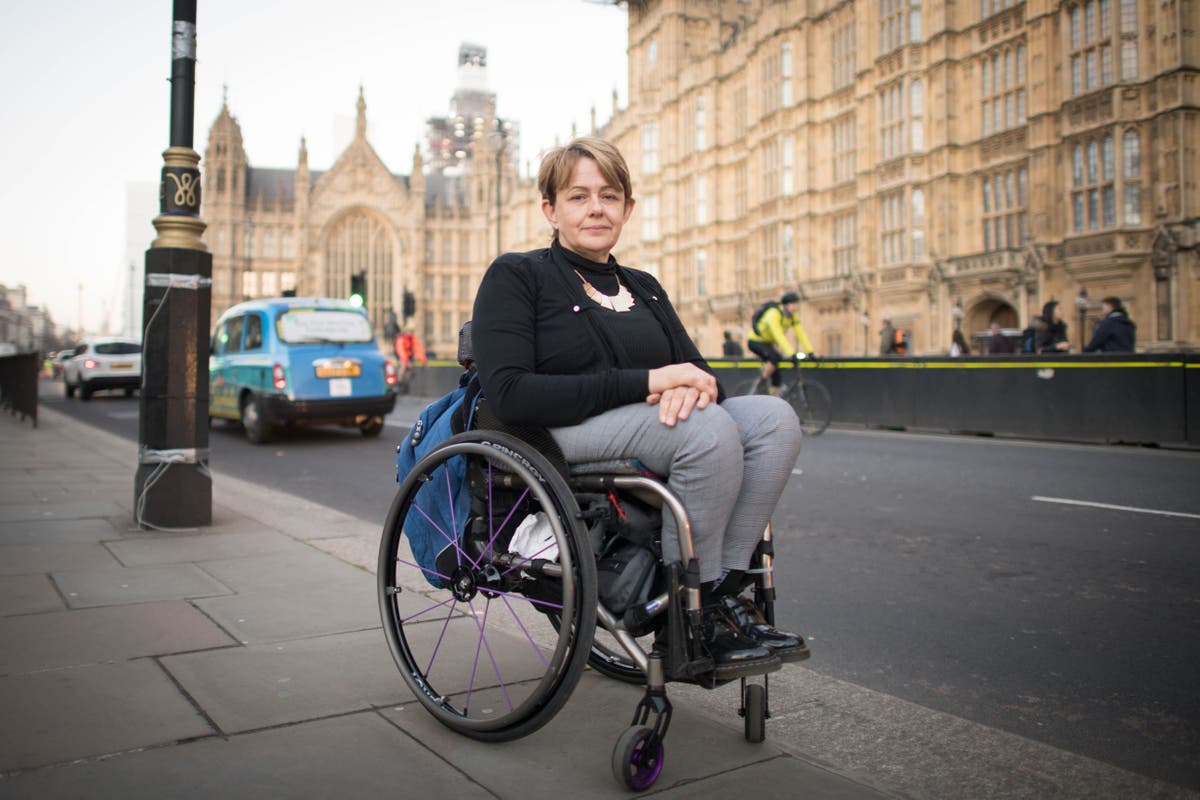In a civilized world not to be able to be given a choice of dying a slow painful death or the ability to go out dignified boggles the the mind. Take out the nutters who believe in a made up entity and any sane person would hate to see a loved one suffer. As long as these decisions are made by the person who it pertains to, we have Do Not Rescuitate in place already that have to be done by that person, what is the problem. People deciding to die just to give their loved ones money, well I’d like to think if the relationship is that good the families would have non of it. We don’t let animals we love suffer yet we do to humans, it’s scandalous.
The issue is though, you don’t actually know what the death will be like.
In course of my career I have worked 8-9 years as a Specialist Palliative Care nurse and I have seen people die in a number of different situations.
I have seen Cancer patients who with no pain, are scared they may have it at the end who have wished they could just have an injection who have then had peaceful deaths.
I have seen people up mobilising to the bathroom, drinking etc who have died later that day.
And I have seen numerous frail elderly patients die over a course of a week or so as their body slows down and deteriorates - these are the ones where family struggle with us not artificially feeding them despite the fact they are 80-90+ years old, semi conscious and just coming to their natural end.
They are comfortable but it’s painful for the family who wish they’d hurry up and die - and yes family do say that ( including my own when family have been dying).
Only once have I seen someone battle with extreme pain at the end of life. The number of good deaths I have seen far outweigh the bad.
How does one begin to even presume what death will look like.
You mention in your post the choice of dying a slow painful death or the ability to go out dignified.
How and when do you propose the definite decision that someone will die in pain is made?
People fear pain at EoL. It’s a well known researched fact but you or anyone else can not 100% guarantee that someone with a terminal illness will actually be in pain and nor can it be guaranteed they will die within this 6 month window.
We once had a complaint made that a 6 month prognosis was given and the person was still alive 2.5 years later!
Therefore there is potential for people to take this option out of fear which may not even materialise.
Psychological pain is a different matter but let’s not conflate the two and attempt to rationalise this very important decision on assisted death based on the concept that all people within the terminal phase are in agony. Its simply not true.
There will sadly be people who have witnessed loved ones in pain at EoL - we should not diminish their experiences but we shouldn’t assume that they represent everyone either.
Finally you mention the DNAR having to be done by the person - you are wrong.
DNAR remains the final decision of the medical professional. It should be discussed with the patient and family with the ideal outcome of a careful discussion explaining that treatments would be attempted to treat any reversible issues but that in the event of the heart stopping ( death) it’s not considered in their interests to perform CPR.
It is always hoped with good communication that the reasons for DNAR are understood but the decision is a medical one.

